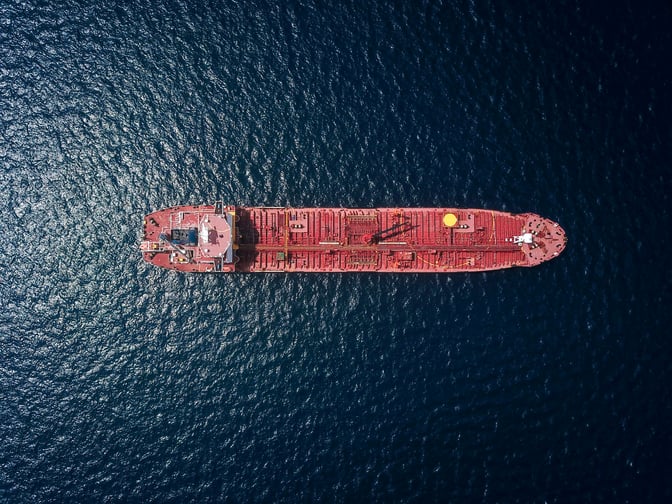

The appointment coincides with the market introduction of a new general marine liability (GML) product tailored for regional maritime operators.
Hydor’s newly launched GML policy targets operational risks across a spectrum of maritime entities including:
The product addresses a range of exposures, such as:
Coverage also extends to marine property, equipment breakdown, and business interruption.
Policyholders can access liability and property protection with per-risk limits of up to US$25 million, backed by Allianz’s underwriting capacity.
The Asia-Pacific roll-out is being led from Hydor’s Singapore base by Colin Fordham, who brings longstanding experience in the marine insurance sector.
The company said Fordham’s role will focus on execution and engagement with brokers and clients across the region.
Hydor CEO Folkert Strengholt said the arrangement leverages both companies’ strengths.
“Hydor is proud to partner with Allianz Global Corporate & Specialty SE, a name synonymous with global insurance excellence,” he said. “With this appointment, we are combining Hydor’s local market insight and underwriting expertise with AGCS’s global strength and stability to deliver meaningful protection to maritime businesses across the region.”
The launch is timed to meet rising demand for tailored insurance solutions in Asia’s maritime sector.
As shipping operations expand and infrastructure investment grows, the need for comprehensive and flexible marine coverage continues to rise.
Hydor said the product aims to reduce complexity for policyholders by integrating multiple coverages under a single form, enabling streamlined risk management for maritime businesses.
The announcement follows the release of Allianz Commercial’s annual Safety and Shipping Review, which outlined emerging threats in the global maritime industry. These include the impacts of regional conflicts, sanctions, aging vessel fleets, and increased fire incidents on board large ships.
The review raised concern over unregulated tanker operations, often referred to as the “shadow fleet.” Allianz estimates roughly 17% of the global tanker fleet may now fall into this category, with some 600 vessels involved in transporting sanctioned oil exports. These ships may not comply with international safety or insurance requirements.
Cyber incidents are also increasing, particularly ransomware, which accounted for more than half the value of major cyber claims in the first half of 2024.
GPS interference, including jamming and spoofing, rose 40% compared to early 2023, creating operational risks for navigation and logistics.
